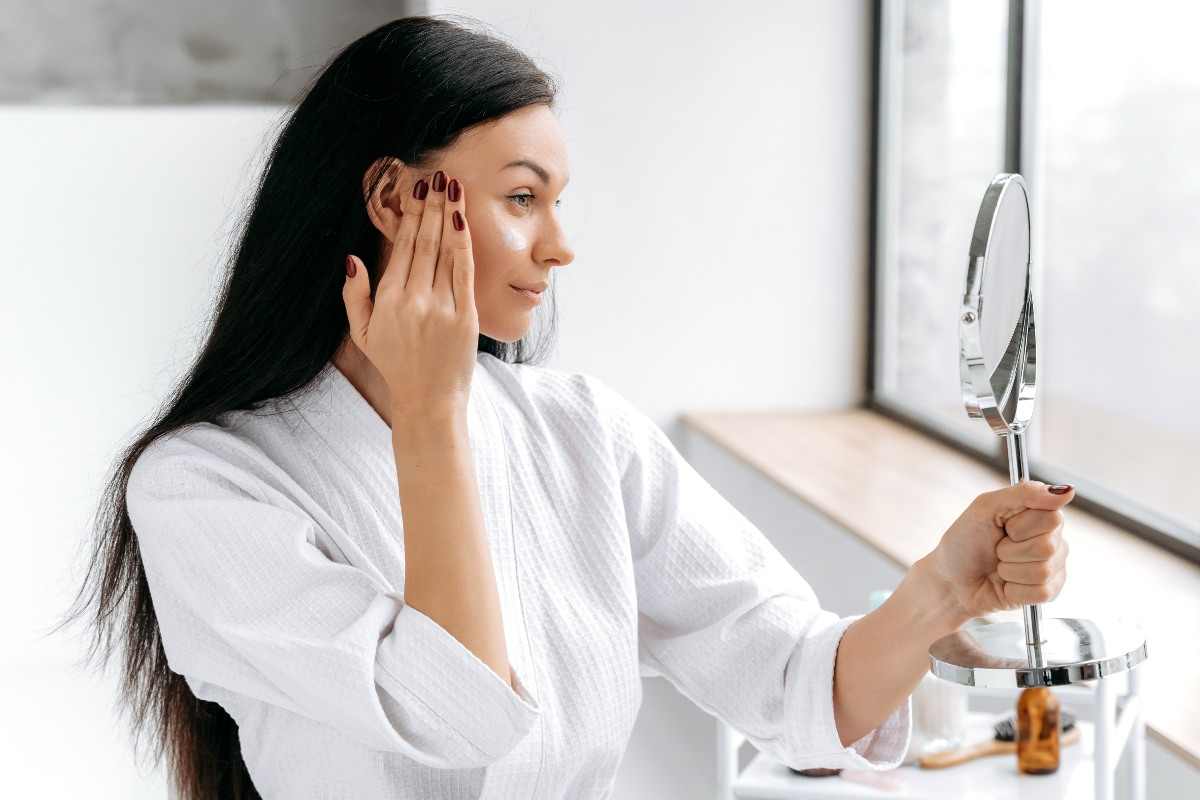News
Are anti-wrinkle creams a waste of money? Shocking test results revealed

Understanding the complexities of anti-aging skincare: What consumers need to know about choosing effective and safe products in a saturated market.
The skincare industry is teeming with products promising youthful, wrinkle-free skin, yet recent findings bring into question the efficacy and safety of many popular anti-aging creams. A study by “60 millions de consommateurs” reveals that, while the market is flooded with these products, only a select few offer tangible benefits. This article delves into the study’s findings, highlighting the importance of informed decision-making when investing in skincare.
The study’s surprising revelations
The study conducted by the French magazine involved a sample of around twenty women aged between 40 and 70, who tested ten different anti-wrinkle creams over 28 days. The results were eye-opening: only one cream outshone the others, while several, including the Cien Q10 from Lidl, received dismal scores. This raises significant questions about the legitimacy of many brands, prompting consumers to reconsider the actual quality of the products they purchase.
The role of ingredients in effectiveness
A major finding from the study was the composition of these creams. On average, each product contained about 38 ingredients, many of which did not provide significant benefits to the skin. Surprisingly, the cream with the highest score, Nocibé Age Focus, was effective despite its complex formulation of 41 ingredients, scoring 11.5 out of 20. This suggests that having more ingredients does not necessarily equate to higher quality, emphasizing the need for consumers to scrutinize product labels critically.
Challenges with well-known brands
Notably, some well-known brands like Nivea and L’Oréal received disappointing scores, raising doubts about their real effectiveness. Furthermore, Cien Q10 from Lidl was criticized for containing allergens and irritants, underscoring the need for consumers to be cautious about potential adverse reactions. These findings highlight a critical gap between marketing promises and the actual performance of these products.
Choosing the right skincare product
Navigating the myriad of skincare options requires understanding one’s skin type—whether it is mixed, dry, oily, or sensitive. Consulting a dermatologist or beauty expert can be invaluable in making informed choices in this complex landscape. It is crucial not to be swayed by marketing claims and eye-catching advertisements. True effectiveness should be backed by scientific tests and concrete evidence.
The importance of informed decisions
Beauty should not be a gamble, and with the right information, consumers can find an anti-aging cream that not only promises but also delivers results. In a market saturated with options, awareness and knowledge are powerful tools in making smart and safe choices. The study’s findings serve as a reminder that quality and efficacy should always take precedence over brand recognition and marketing allure.
Riproduzione riservata © - WT











